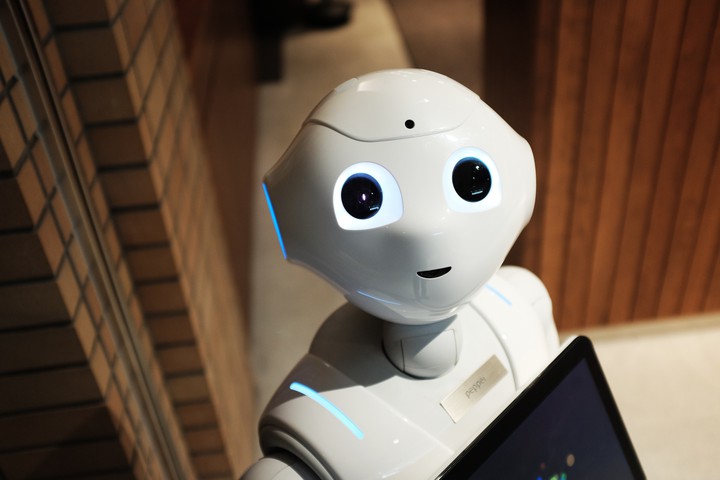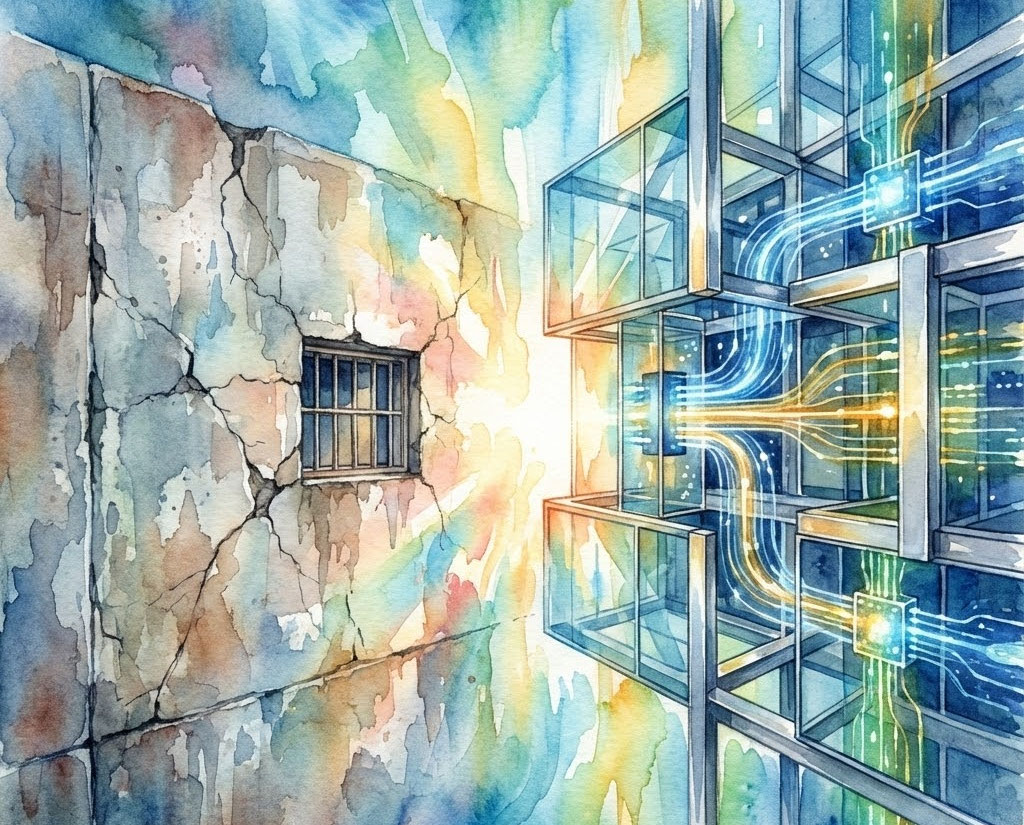
When it comes to building cars, flat-screen televisions, making apparel, and providing so many other goods and services, the US cannot compete with cheaper labor around the world, so jobs are lost overseas.
The US Solar industry is a $16 billion industry that has created hundreds of thousands of jobs, but most of this technology is made outside our borders.
This rapidly growing industry is ripe with opportunities to innovate and lead globally. Entrepreneurs with fresh ideas have the potential to radically disrupt the industry with solutions that will shape the future. But getting from start to finish requires access to resources, capital, and the know-how to get innovations to market.
Without support, great ideas stall. Time and resources are quickly depleted, and opportunities to drive progress and innovation are lost.
That’s where the advantages of crowdsourcing come in. Enter heroX’s participation in one of the American Made challenges, a competition from thWhen it comes to the way forward for research and development, organizations are discovering the advantages of crowdsourcing to open up infinite possibilities for innovation.
The heroX platform was founded on those possibilities. We are just getting started on our journey sponsoring challenges that will fuel viable solutions for generations to come.
These are three examples of past heroX challenges in which organizations utilized the advantages of crowdsourcing to solve problems that they were facing.
e Department of Energy to help entrepreneurial individuals and teams transform great ideas into technology solutions ready for industry testing.
Through a series of contests, the competition speeds the time it takes to develop viable solutions capable of boosting manufacturing competitiveness in the United States.
Each step of the way, competitors receive support from national laboratories, energy incubators, and industry partners. These groups connect entrepreneurs to the network of resources needed to succeed. By supporting innovators throughout the competition, these connectors will help to grow their network, develop business plans, taking another step closer to market-ready projects, with game-changing cash prizes worth $3 million dollars.
The American-Made Solar Prize Competition encourages us to work smarter and better together to achieve our goals – more affordable solar technology made in the USA.
Honey, I Shrunk the NASA Payload
Imagine a rover the size of your Roomba® crawling the moon’s surface. These small rovers developed by NASA and commercial partners provide greater mission flexibility and allow NASA to collect key information about the lunar surface.
However, existing science payloads are too big, too heavy, and require too much power for these rovers and new, miniaturized payload designs are needed. Payloads need to be similar in size to a new bar of soap to fit cleanly inside the rover (maximum external dimensions: 100mm x 100mm x 50mm).
For this ideation challenge, NASA teamed up with heroX, awarding $160,000 total in prizes across two categories. This challenge is expected to be followed by new challenges to prototype, test, and deliver these miniaturized payloads. We are excited to say that this larger effort will generate a maturation pipeline of next-generation instruments, sensors, and experiments that can be used for lunar exploration in the years to come.
How Would You Teach AI to Be Kind?
AI is possibly the biggest disrupter to come along since the advent of technology. The goal of AI is to create systems that can perform tasks that would otherwise require human intelligence.
The EthicsNet Guardians' Challenge set out to enable kinder machines.
The Challenge sought input on how to create the best possible set of examples of prosocial behavior for AI to learn from (i.e. a machine learning dataset).
EthicsNet felt there were multiple potential ways that they could proceed in the process of making a dataset of prosocial behaviors, but many would lead to a dead-end. They decided to pause to ask the global community here on heroX for ideas.
By harnessing the power of the crowd, they hoped to find the right idea or combination of ideas that would enable them to help create an ideal dataset for machine ethics.
It was a tremendous challenge to decide on the winners, and it took a lot of deliberation. Ultimately five participants were chosen to split the $10,000 prize. The solutions shared on how to teach intelligent machines how to behave nicely may quite possibly be adapted to change the face of AI development.
Because crowdsourcing has proven a massive force in innovation in the last few decades, secretive research and development missions are becoming increasingly uncommon among organizations looking for solutions to their most challenging problems. Not only is the ideation process being opened up, but the concept of admitting your company does not have all the answers is no longer stigmatized. When organizations like NASA, Proctor & Gamble, Pepsi, Coke, and Patagonia are fans of open innovation, it paves the way for anyone to become curious about how crowdsourcing can help bring cutting-edge resources to help them innovate as well.
HeroX is proud to connect forward-thinking organizations with entrepreneurial individuals or teams, students, university faculty members, small business owners, researchers, or anyone with the desire and drive to transform ideas into impactful realities.








